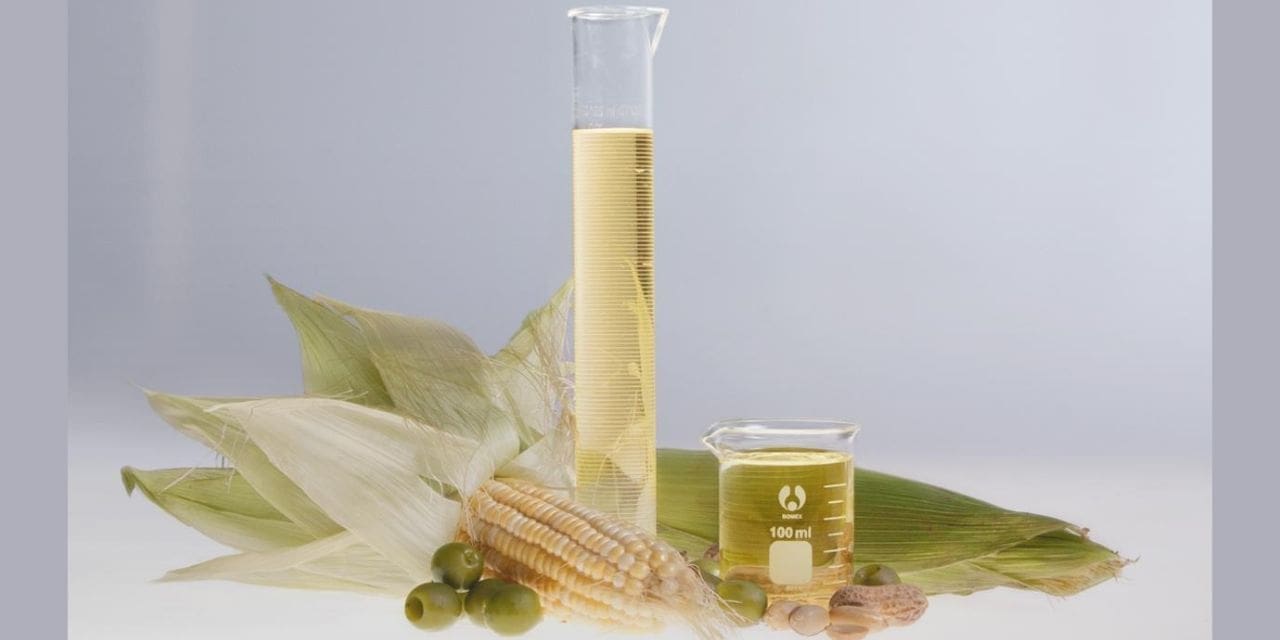The report “Bio-lubricants Market by Base Oil (Vegetable oil, Animal fat), Application (Hydraulic oil, metalworking fluids, chainsaw oil, mold release agents, two-cycle engine oils, gear oils, greases), End-use, Region – Global Forecast to 2025″, The global bio-lubricants market size is projected to grow from USD 2.0 billion in 2020 to USD 2.4 billion by 2025, at a CAGR of 4.1% between 2020 and 2025. The growth is attributed to growing awareness about environmental issues and the adoption of stringent regulation by various end-use industries.
Browse
• 234 Market data Tables
• 60 Figures
• 210 Pages and in-depth TOC on “Bio-lubricants Market – Global Forecast to 2025”
Some of the prominent key players are:
- ExxonMobil (US)
- Royal Dutch Shell (Netherlands)
- Total S.A (France)
- Cargill Inc. (US)
- BP (UK)
- FUCHS Group (Germany)
- Panolin AG (Switzerland)
Vegetable base oil segment estimated to lead the bio-lubricants market in 2019
Vegetable base oil accounted for the largest share in the overall bio-lubricants market. It is widely used due to its properties such as higher biodegradability, higher lubricity, lower volatility, higher shear stability, and higher viscosity index. Apart from these, vegetable oil seeds are available in abundance in various countries.
Industrial sector estimated to be leading consumer of bio-lubricants
The industrial segment led the overall bio-lubricants market in 2019, both in terms of value and volume. The reason for the industrial segment leading the market is due to the growing demand from the marine industry. Various countries have adopted regulations which make it mandatory for shipping vessels to use bio-lubricants in their systems to enter their territorial waters.
Europe projected to account for largest share of bio-lubricants market during forecast period
Europe is projected to have the largest share in the global bio-lubricants market, in terms of both value and volume, from 2020 to 2025. Europe has stringent regulations that mandate the use of bio-based chemicals in various industries. Also, various countries in Europe are rapidly transitioning towards bioeconomy, which further promotes the use of renewable resources for the production of chemicals.

